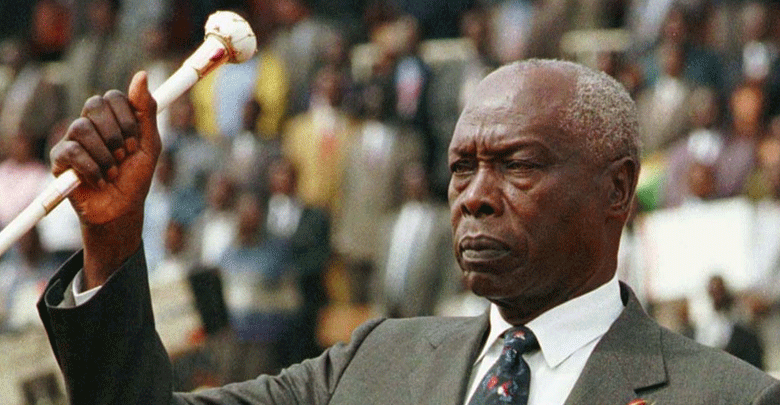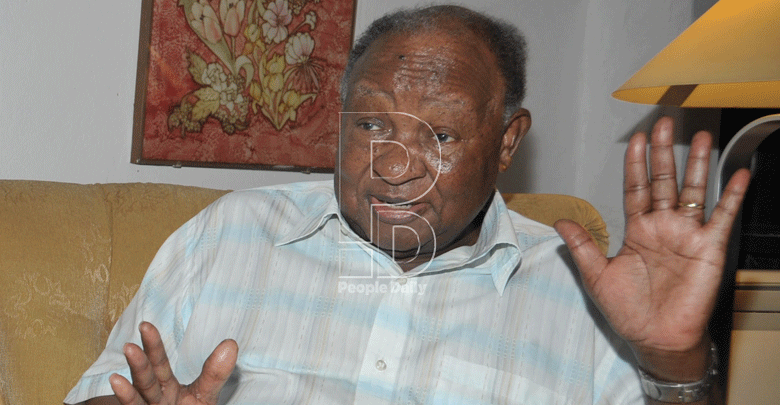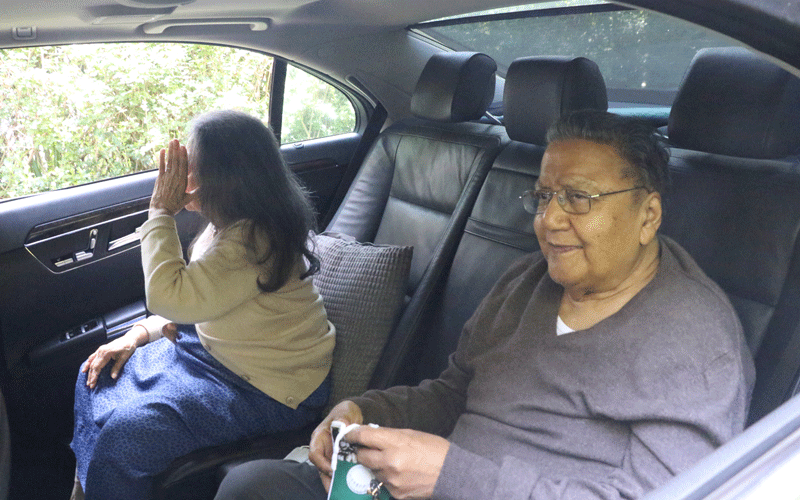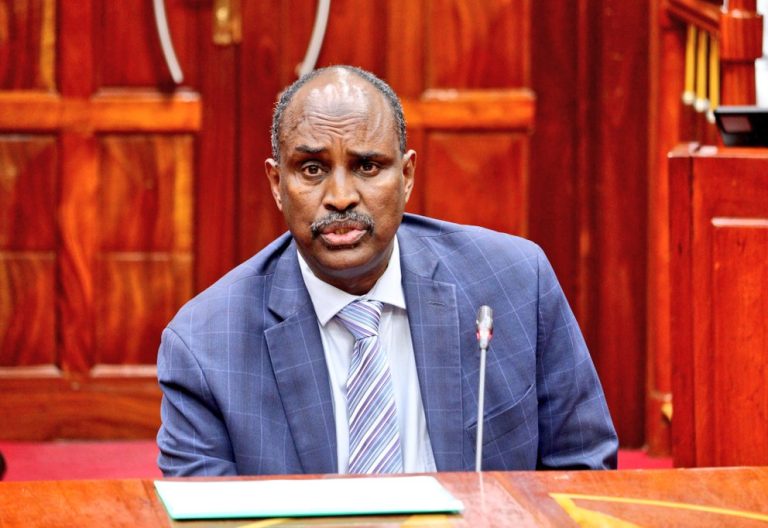Ex-minister went against policy on South Africa apartheid regime

Former Attorney General Charles Njonjo, who died on Sunday, is believed to have used his office to offer support to the apartheid regime in South Africa and pushed Kenya to restore diplomatic relations with the pariah State.
During his tenure as the AG, and later as the Minister for Justice and Constitutional Affairs, where he wielded immense influence on government affairs, Njonjo disregarded the Kenyan government policy on South Africa, then under the apartheid regime.
In the early 1980s, African governments, Kenya included had imposed strict entry restrictions to all persons serving in the apartheid regime of South Africa.
The Kenya Year Book indicates that during his 17-year service at Sheria House, Njonjo would shock the nation by expressing views that were diametrically opposed to the country’s foreign policy or even that of the Organisation of African Unity.
For instance, he was widely known to be a proponent of continued white rule in apartheid South Africa, Rhodesia (present-day Zimbabwe) and Mozambique.
He is also said to have consistently attempted to push Kenya to maintain diplomatic ties with the apartheid South African regime at a time the global community had ganged up against the racist government through imposition of sanctions.
Kenya had imposed a law making it difficult for South Africans serving the apartheid regime to enter the country.
“All persons who are residents of the apartheid regime of South Africa, irrespective of their nationalities, require visas to enter Kenya.
All visa applications for these persons had to be referred to the Principal Immigration Officer for approval before being issued,” the policy stated.
But Njonjo assisted his friends from South Africa gain entry into Kenya not only as temporary visitors but also as businessmen.
Declared policy
This revelation was first disclosed during the hearings of the Judicial Commission appointed to inquire into allegations against him over alleged attempts to overthrow President Daniel arap Moi.
The commission chaired by Justice Cecil Miller censured Njonjo in its final report presented to Moi.
“During Njonjo’s tenure of office as Attorney-General as well as Minister for Constitutional Affairs it was, and still is, the declared policy of the Republic of Kenya that the citizens of the apartheid regime of South Africa shall not be allowed entry into Kenya,” the Commission stated.
The commission censured Njonjo for using his positions as Attorney-General and later as the Justice and Constitutional Affairs Minister to allow into the country members of the apartheid regime, among them, a high ranking officer in the South African Armed Forces Lt. Col. F.A.J Van Zijil and J. Lockley, a former employee in the Kenya Police Force but then serving in South African Police Force.
“His (Njonjo) secretary would write to Mutua that Njonjo had decided a visa be issued to the individual mentioned in the letter.
All such visas were issued without the applicants being security vetted. Upon receipt of the letter, the docile Mutua (Principal Immigration Officer) issued the visa.
So mindful was Njonjo of the convenience of South Africans that in some cases he arranged for the visa to wait for handing over to the visitor from South Africa on his arrival at the airport,” the Miller commission ruled.










